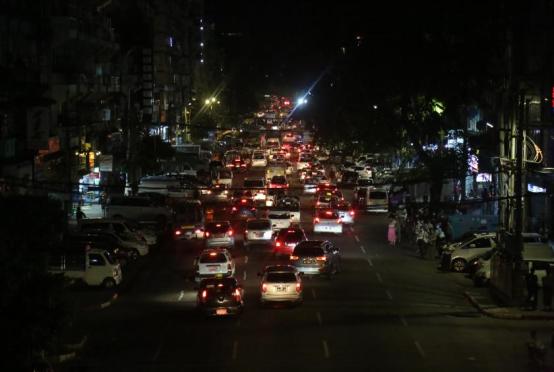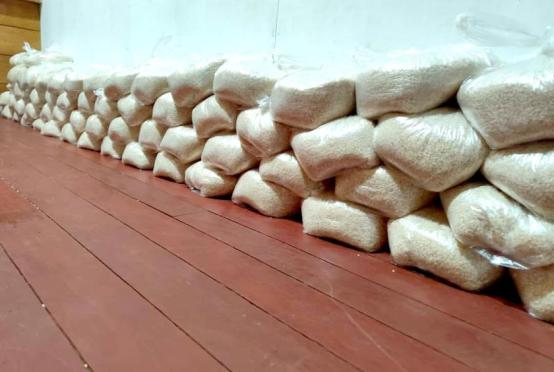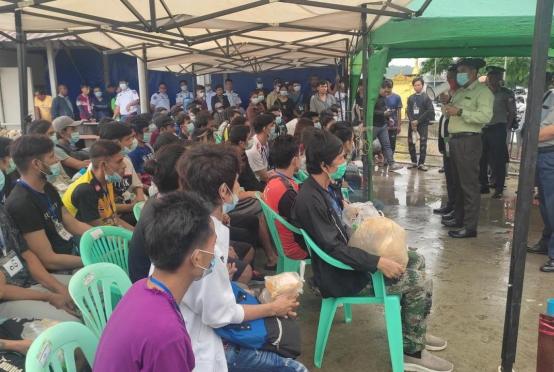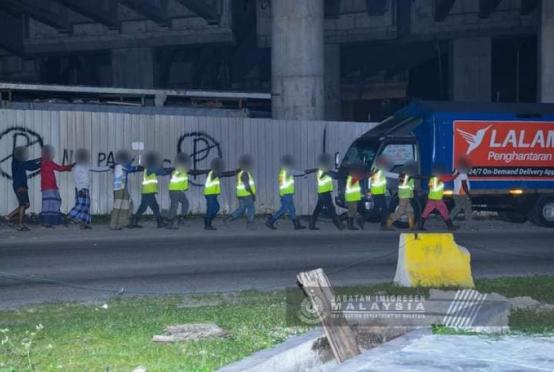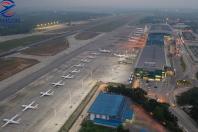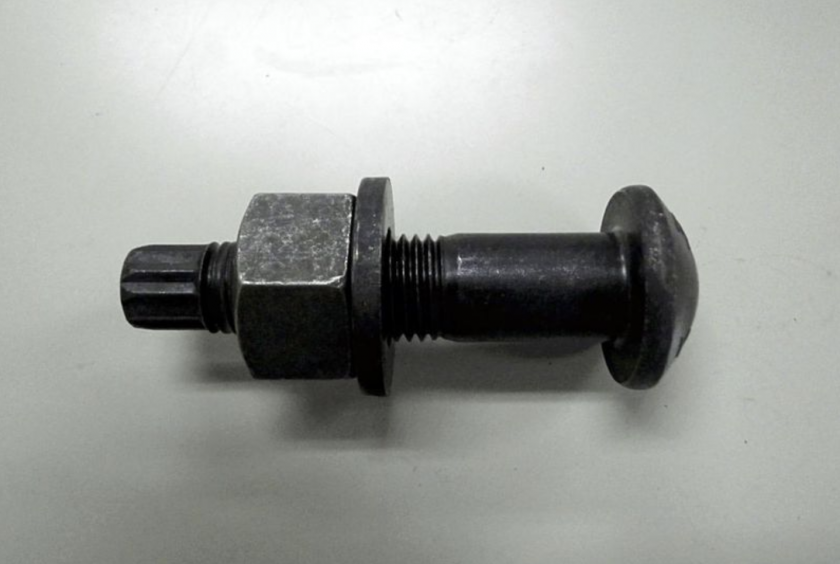
Tokyo (The Japan News) - A shortage of bolts used in the construction of high-rises, bridges and other steel-frame structures is delaying building projects nationwide as bolt manufacturers are failing to meet rapidly growing demand in the rush to develop the central area of Tokyo and construct 2020 Tokyo Olympic and Paralympic Games venues.
Though the government has been urgently attempting to address the shortage, the issue is yet to be resolved.
Since around summer last year, there has been a significant shortage of high-strength bolts, which are widely used to connect steel beams in building construction.
Under normal conditions, bolt manufacturers deliver high-strength bolts within 1½ months, but shipments are currently taking about six months, sources said.
Of the 305 companies that responded to a survey conducted in autumn last year by the Land, Infrastructure, Transport and Tourism Ministry on the availability of bolts, 83 percent said the shortage was impacting the duration of construction projects.
To address the situation, the construction ministry and the Economy, Trade and Industry Ministry asked a bolt manufacturing industry group in December to maintain a stable supply of high-strength bolts. Yet the situation has not improved.
The construction ministry plans to conduct a second survey on Thursday.
Repercussions of the bolt shortage are being felt nationwide.
There have been delays in construction work to improve facilities at Egao Kenko Stadium in Kumamoto, a venue for the Rugby World Cup, which is being held in Japan in autumn.
A shortage of about 2,000 bolts has delayed the installation of a large screen to show scores and players’ names that was scheduled to be completed in mid-February.
“The work must be completed by August,” the prefectural government official in charge of construction said.
The shortage has also impacted smaller-scale construction works.
In Omihachiman, Shiga Prefecture, a childcare facility that combines the functions of a day care center and a kindergarten was scheduled to open in April, but the opening has been postponed until next year.
Both ministries plan to ask manufacturers to continue full-scale bolt production. However, there are only a few major domestic bolt manufacturers, and such reasons as aging facilities limit their ability to raise output.
The ministries have also considered importing bolts from South Korea, but its production volume is not enough to cover the shortfall in Japan.
As some contractors might have ordered more bolts than required to secure parts, the ministries plan to repeatedly urge contractors to place orders that correspond to their construction plans.
http://the-japan-news.com/news/article/0005596408

